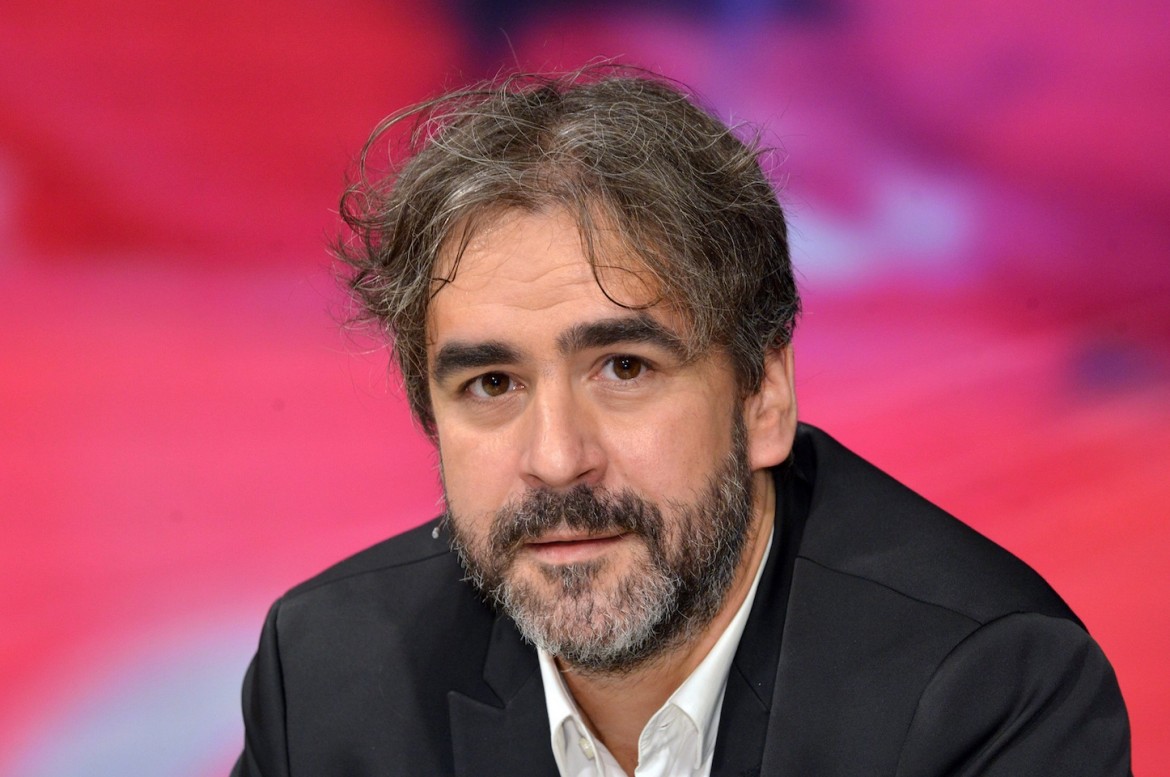Analysis
Turkey holds half of the journalists arrested in the world
Italian journalist Gabriele Del Grande’s imprisonment is just the latest in a systematic repression of critical voices by Recep Tayyip Erdogan.

Turkey has set another record: It is the country with the highest number of journalists behind bars. China and Egypt eat its dust. With 153 imprisoned reporters, Ankara holds half of all journalists arrested in the world.
They are Kurds and Turks, they are freelancers, they are writers and analysts, commentators and photographers. And they are also foreigners.
Gabriele Del Grande is the latest in a long series in a country that — as a result of the purge following the July 15 coup attempt — has (directly and indirectly) placed 90 percent of the media under government control.
The fears of Del Grande’s friends and family are well justified. Just look at the case of Deniz Yucel. The reporter for Die Welt, a Turkish and German citizen, has been in isolation since February. He faces 10 and a half years in prison on charges of propaganda for the PKK and incitement to violence.
A week ago Yucel married his girlfriend in the Silivri prison, just hours after President Erdogan said in Berlin that he would not be extradited to Germany, as demanded by the German Foreign Office, which was only allowed to visit Yucel seven weeks after the arrest.
“He is a terrorist agent,” Erdogan said. “We will do what is necessary under the law against those who act as spies and threaten our country from Qandil.” A reference to the Iraqi mountains from which the PKK withdrew four years ago to start the peace process.
Yucel’s case is emblematic. Ankara doesn’t care about the European Union. The state is modeled around the concept of siege: External and internal enemies (the Kurds) undermine the nation. They want Turkey to be weak to prevent it from recovering its leading role in the Middle East. That’s what Erdogan has been saying at every turn.
This rhetoric — of a state in danger, requiring a strong man ready to crush any attempt to weaken it — is at the center of the charges against the 153 journalists, who’ve been in prison for months or, in some cases, years.
The real goal is to silence the few remaining critical voices, and the tool is sending them to jail. A week ago, the prosecutor in Istanbul sought three life sentences each for 16 employees of the publishing group Zaman.
Among them the famous commentator (perhaps the most famous in Turkey) Nazli Ilicak, journalist and award-winning writer Ahmet Altan and economics professor and analyst Mehmet Altan. Three well-known names of the Turkish media landscape, accused of trying to overthrow the established order, the government and parliament by supporting the imam Gülen network, considered the mastermind behind the failed putsch.
Three life sentences without actual evidence has been presented to public opinion, a cleaver against freedom of the press which should raise more than veiled criticism from Brussels, which has pledged to tighten multi-billion-euro, anti-refugee agreements with President Erdogan.
Obviously, the Zaman group is not unique. The same attorney asked for sentences lasting 15 to 43 years for 19 journalists from the opposition newspaper Cumhuriyet, now closed. Famous cases were former director Can Dundar and editor-in-chief Erdem Gul, sentenced at first instance to five years for the famous report that revealed ties between Turkish secret services and Islamist groups in Syria.
The devastation brought to the newspaper’s leadership is now affecting others: the film director Basar Sabuncu, the writer Ahmet Sik, the cartoonist Musa Kart, the publisher Akin Atalay.
The 19 journalists are accused simultaneously of supporting the nationalist Islamist Gülen and supporting the Kurdish PKK liberation movement. Those two subjects are ideologically on opposite poles. But they end up in a single cauldron, that of terrorism against the state.
It’s no coincidence that the prosecutor speaks of “asymmetric warfare tactics, intense perception operations that have targeted the government and the president.”
In the end, there’s nothing left, an information desert. With nearly 200 websites, agencies, newspapers, and television and radio stations (mostly Kurdish) closed by government order, and 153 reporters in jail, it’s no surprise what the Organization for Security and Co-operation in Europe said about the referendum campaign: “The yes campaign dominated the media coverage.”
Originally published at https://ilmanifesto.it/ankara-detiene-la-meta-dei-giornalisti-arrestati-nel-mondo/ on 2017-04-20
